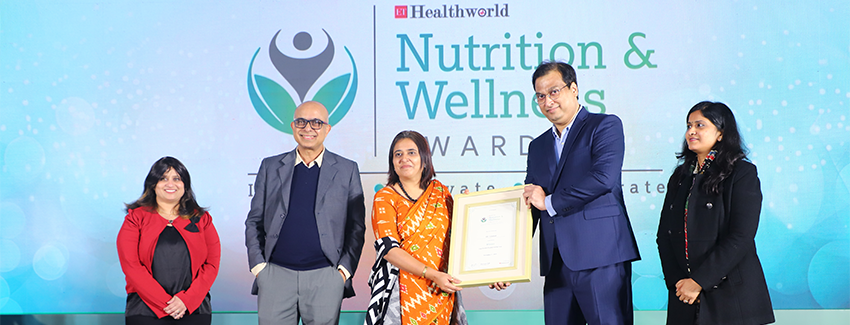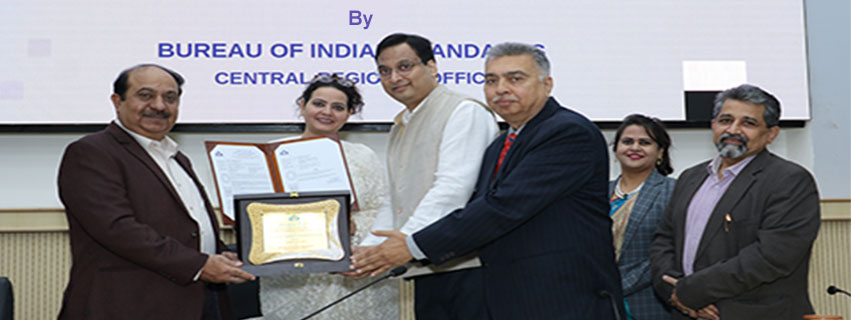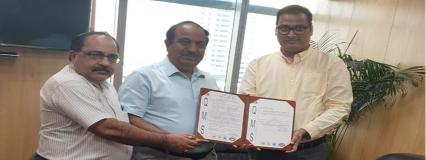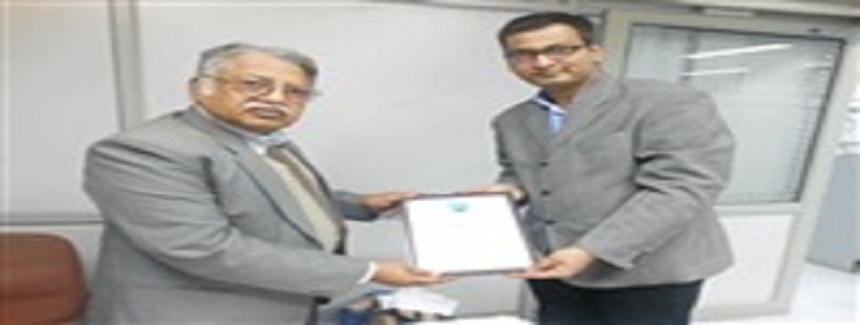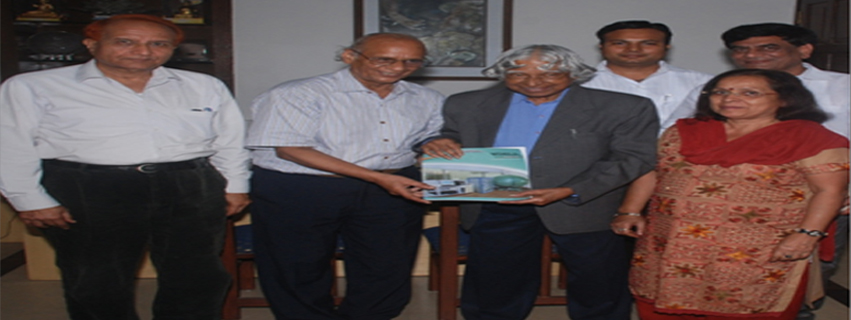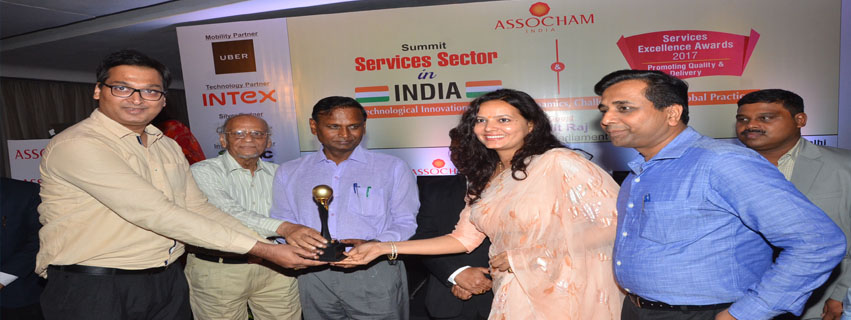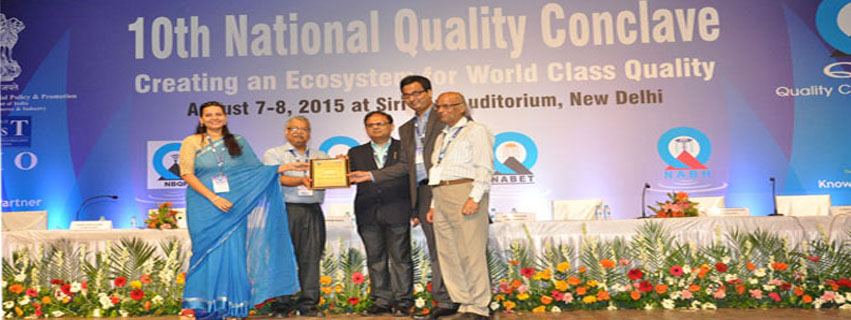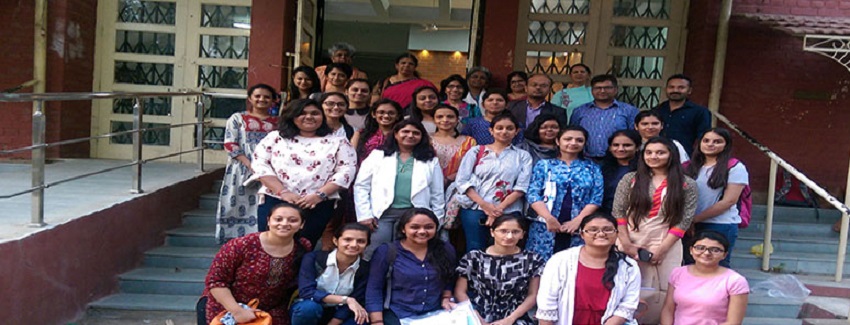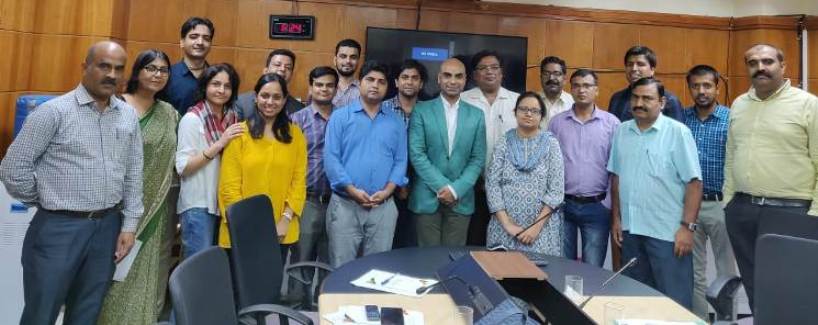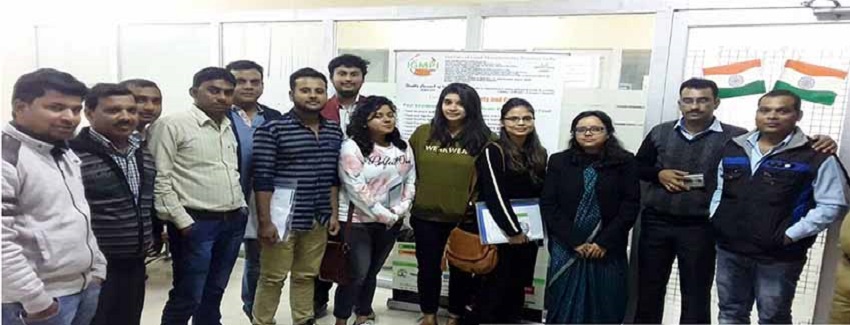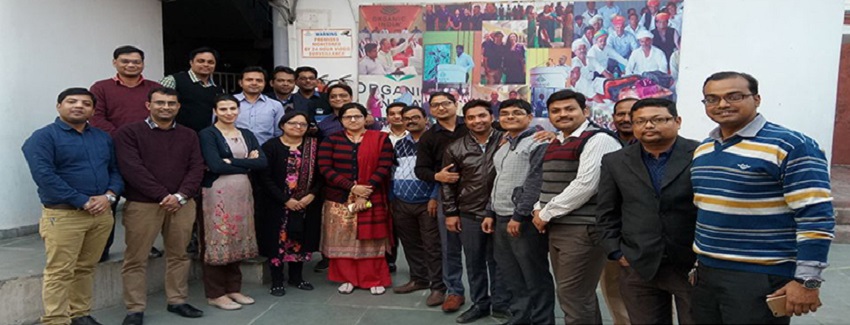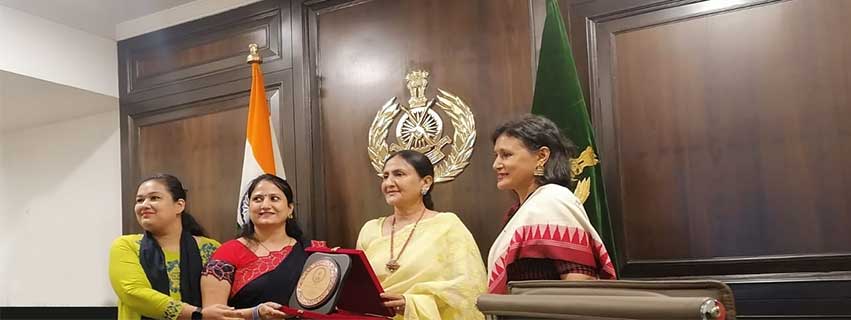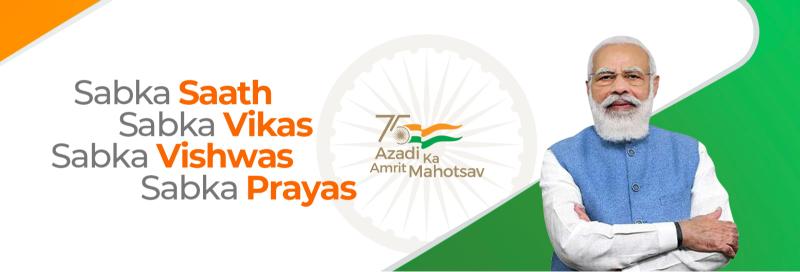(An Autonomous Body Recognized by Ministry of Commerce & Industry, Government of India)
Competency based placement focussed Education | Training | Research | Consultancy
Post Graduate Diploma/Executive Diploma in Sustainable Development (PGDSD/EDSD)
India’s continuously evolving policy landscape in sustainability and sustainable development is evident from the National Action Plan against Climate Change branching into policies for sustainable agriculture (NMSA), National Mission on Sustainable Habitat (NMSH), National Water Mission and Green India Mission. In the wake of the current G20 meet in Delhi, the assigned Sherpa task force is entrusted with bringing sustainability changes from the lab to the market level in India. To this end, upskilling the general young demographic is a key intention of the Indian PPP governing leadership.
The Post Graduate Diploma is a one of a kind advanced program curated by IGMPI for working professionals in the public or private sector and aspiring students alike. The program focuses on the themes and perspectives in development and its history in an international context. Naturally, the topics of political ecology and governance are presented to decolonize the knowledge required to navigate a sustainable development project on a national scale. The nature and the scope of managing sustainability has undergone a huge transformation in the past decade with the emerging economic models like sustainable business and social enterprises. As a result, there is a boost to the startup ecosystem that has revolutionized the structure of the innovation systems and the corresponding investment landscape around the world. That is why in this course, we pursue the stakeholder mobilization strategy and role of collaborations in the science, technology and innovation sector.
On undertaking this course, the students will be able to
- Define sustainability and sustainable development and gauge its impact on the modern economy
- Understand management and governance of sustainable development
- Possess the technical tool set to integrate sustainability among the various verticals of a business entity
- To initiate a sustainable business
- To learn hands on from national and international experts and develop a global perspective
Programme Structure
Module 1: Foundations of Sustainable Development: Principles, Systems Thinking, and Global Challenges
Module 2: Sustainability Analysis & Impact Assessment: Frameworks, Tools, Carbon Footprinting, and Risk Management
Module 3: Sustainable Development Goals & Global Governance: UN SDGs, Public-Private Partnerships, and Policy Integration
Module 4: Policy Making, Climate Laws & Regulatory Frameworks: Carbon Markets, Compliance, and Environmental Governance
Module 5: Innovation & Technology for Sustainability: Green Technologies, Digital Transformation, and Circular Economy Solutions
Module 6: Corporate Sustainability & Business Strategy: ESG Integration, Sustainable Business Models, and Responsible Leadership
Module 7: ESG Frameworks, Sustainability Reporting & Compliance: Global Standards, Impact Investing, and Disclosures
Module 8: Emerging Trends, Technological Innovations, and Critical Challenges in Sustainability: Climate Resilience, Social Equity, and Greenwashing Risks
Module 9: Sustainable Finance & Green Investment: Green Bonds, Sustainable Banking, and Risk Management in ESG
Module 10: Social Sustainability & Just Transition: Equity, Labor Rights, Ethical Sourcing, and Inclusive Growth
Module 11: Climate Resilience & Adaptation Strategies: Risk Mitigation, Nature-Based Solutions, and Corporate Readiness
Module 12: Sustainable Supply Chains & Resource Efficiency: Responsible Procurement, Circular Economy, and Net-Zero Strategies
Module 13: Biodiversity Conservation & Nature-Based Solutions: Ecosystem Restoration, Sustainable Land Use, and Corporate Commitments
Module 14: Industry Best Practices & Case Studies: Sectoral Applications, Corporate Success Stories, and Lessons Learned
Module 15: Capstone Project
Eligibility
Graduates in any discipline are eligible for our Post Graduate Diploma, Executive Diploma and Professional Certification Programmes.
Programme Duration
The minimum duration to complete the PG diploma programme is 12 months and maximum is 24 months. The minimum duration to complete the executive diploma programme is 6 months and maximum is 12 months.
Programme Mode
Registrations are currently open for regular and Part-time (Online Live Classes) both modes.
Programme Deliverables
A comprehensive study material for all the modules in hard copies ensuring the needs of the audience. The accompanying training material is appropriately aligned with the current Industry’s expectations.
- Assignments for all the programme modules for continuous evaluation and guidance.
- Interactive or online live sessions on all key areas of the programme giving all flexibility to the participants.
- Online Live Classes/Part-time for all the modules will be conducted on the weekends. Moreover, a doubt clearing session will also be scheduled before the examination.
- All the efforts are made by IGMPI faculty members to make the entire programme modules easily understandable.
- Assessment and evaluation for all the programme modules in order to enhance the levels of competencies and skills of the participants leading towards the objective of application in the job.
- At the end of each programme modules, the trainers shall obtain feedback from the participants using specially designed questionnaires.
- All learning and training delivery initiatives shall be conducted in English.
Examination & Certification
All the participants are obliged to timely submit completed assessment assignments (during the programme, usually after every module) and appear for an online proctored exam at the end of the programme. After successful completion, the participants will be awarded Post Graduate Diploma/ Executive Diploma in Sustainable Development by Centre for Environmental Health and Safety, IGMPI. For all the above mentioned modules elaborate programme material, self-assessment assignments and project work details would be provided by the Institute from time to time. Details get updated on the webpage as well.
Discipline in Classes and Examination
Every student is required to observe a disciplined behaviour during her/his classes, assessments & examinations and to follow instructions from the Professors. Any act of indiscipline may result into discredit & it will be mentioned in her/his academic report.
Placement Assistance & Corporate Relations
The Institute has partnered with many organizations for providing with placement assistance to the participants of Post Graduate Diploma Programmes. Besides, it has a robust placement cell comprised of senior level Human Resources professionals and Talent Acquisition experts which maintains close links with business and industry. This cell is continuously engaged in promoting the employability of our participants and encouraging the concerned Human Resource department and Hiring Managers to recruit/hire our participants for their vacant positions. The efforts of our placement cell also include helping with professional resume writing and interview skills.
In recent months, the Institute has witnessed more and more participation from professionals working with global, healthcare like Big 4, Accenture, SGS, Fortune 100, Uniqus Consultech Ltd., ESG Book, Vision 360, TCS, Ckinetics, CSE(Centre for Science and Environment, TERI (The Energy and Research Institute), Iforest, CEEW (Council on Energy, Environment and Water ), CPR (Centre for Policy and Research ), Centre for Energy and Environment Sustainability, WWF (Worl wildlife Fund ), IWMI (International Water Management Institute ), Greenpeace, 350.org, ATREE, Chintan Environmental Research and Action Group, Sankalp Taru Foundation, TBS, Tarun Bharat Sangh, Mukti, Mahindra, Maruti Suzuki, Kraft, Heinz, Barclays, Unilever, Tata Chemicals, Sodexo, Pepsico, NTPC Ltd, Reliance Group, KPMG, Heineken, PwC, United Nation Escap, Council of Energy Environment and Water, Deligent Corporation, WRI India, Benchmark Digital Partners, EY, Centre for Policy Research, Bacardi, Dr. Reddy’s Laboratories, Aurobindo Pharma, Glenmark Generics, Cipla, Wockhardt, Pfizer, Abbot, Medtronic , Foster Corporation, IPCA Laboratories, Calyx, Bliss GVS Pharma, SeQuent, Mankind, Beryl Drugs, Allergy Therapeutics, Ciron, Sun Pharmaceutical, Novartis, GlaxoSmithKline, Ranbaxy, Biocon etc. The IGMPI ‘s Corporate Resource Division actively recommends our students and training participants for various job requirements and specialized roles to Human Resource, Talent Acquisition as well as the heads of various departments in Pharmaceutical, Healthcare Industries on a regular basis.
Future career prospects
In this course, participants will be able to learn and understand and evaluate essential sustainability concepts and the implications for businesses and major stakeholders, understanding materiality issues across organizations and sectors, determining internal and external stakeholders’ risks and opportunities, examining need for ESG reporting, assessing disclosure quality , and actual Sustainability development performance. Sustainable development courses offer a plethora of opportunities. In India, around 20 % of employees work in the environment sector, which is expected to double by 2030. According to the reports, 24 million green jobs will be available around the world by 2030. After pursuing sustainable development courses, the candidate can work in various fields like the automobile industry, food processing unit, pollution control board, environmental consultancy firms and waste management industry.
Programme Fee Details
Programme fee details will appear here.
Last date for submitting completed Application Form: 16th Jan 2026.
For further enquiries, call or write to us on:
18001031071
(Toll Free -9:00 am to 5:30 pm IST-except on Central Government holidays)/
info@igmpi.ac.in
NEWSLETTER
Other Programmes
- Business Sustainability (PGDBS/EDBS)
- Remote Sensing and Geographic Information System (PGDRSGIS/EDRSGIS)
- Power Management (PGDPM/EDPM)
- Oil & Gas Technology and Management (PGDOGTM/EDOGTM)
- Petroleum Technology and Management (PGDPTM/EDPTM)
- Green Technologies (PGDGT/EDGT)
- Fire Technology & Industrial Safety Management (PGDFTISM/EDFTISM)
- Water Resource Technology and Management (PGDWRTM/EDWRTM)
- Urban Planning (PGDUP/EDUP)
- Public Policy and Sustainable Development (PGDPPSD/EDPPSD)
- Natural Resource and Biodiversity Management (PGDNRBM/EDNRBM)
- Corporate Affairs Management (PGDCAM/EDCAM)
- Business and Human Rights (PGDBHR/EDBHR)
- Geoinformatics (PGDGI/EDGI)
- Climate Change Technology (PGDCCT/EDCCT)
- Environmental Law and Policy (PGDELP/EDELP)
- Environmental Social & Governance (PGDESG/EDESG)
- Disaster Management (PGDDM/EDDM)
- Waste Management (PGDWM/EDWM)
- Sustainable Agriculture (PGDSA/EDSA)
- Environmental Studies and Resources Management (PGDESRM/EDESRM)
- Industrial Safety Management (PGDISM/EDISM)
- Renewable Energy Management (PGDREM/EDREM)
- Corporate Social Responsibility and Sustainable Management (PGDCSRSM/EDCSRSM)
- Environmental Health and Safety (PGDEHS/EDEHS)
- Industrial Hygiene (PGDIH/EDIH)

